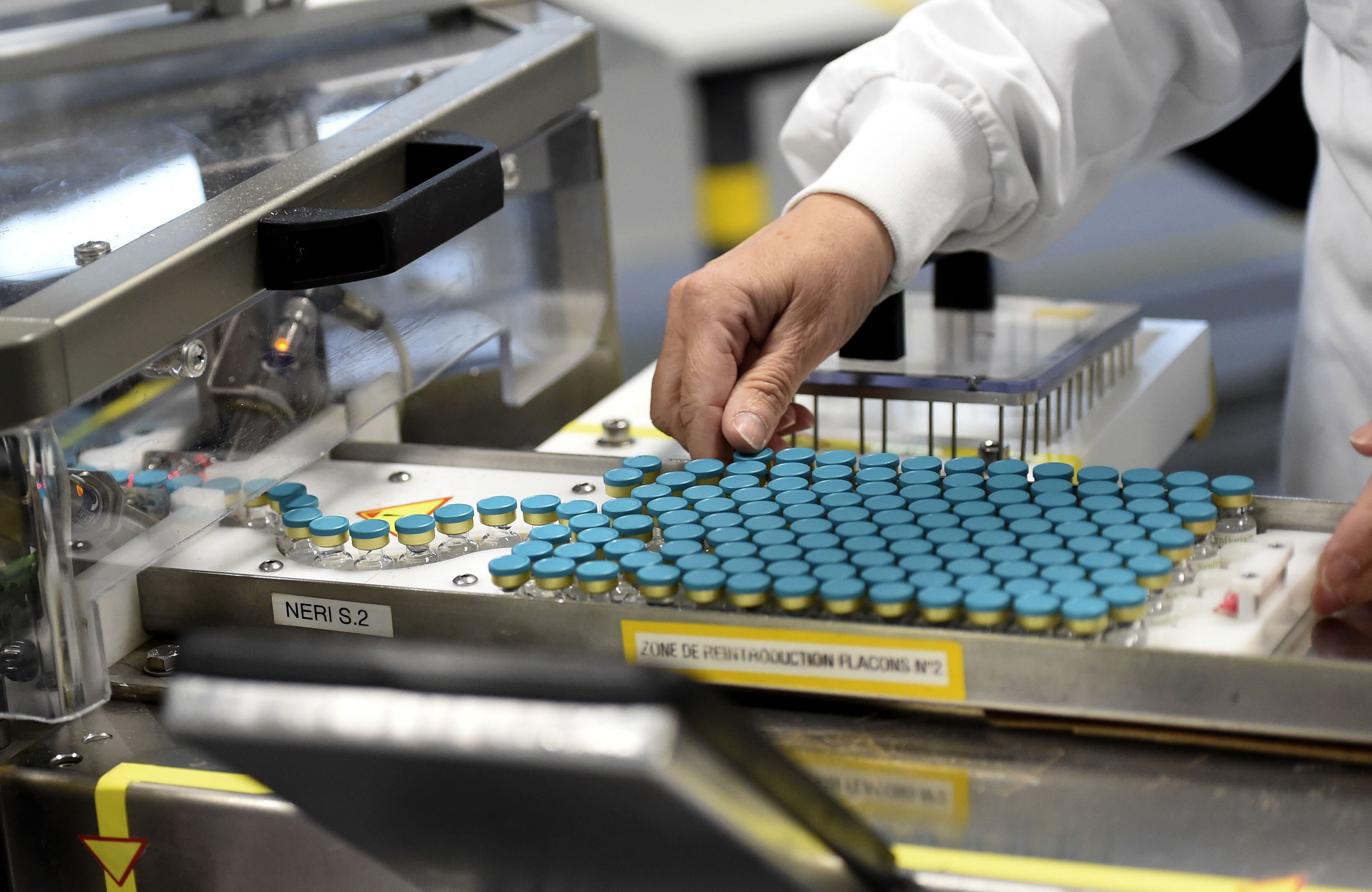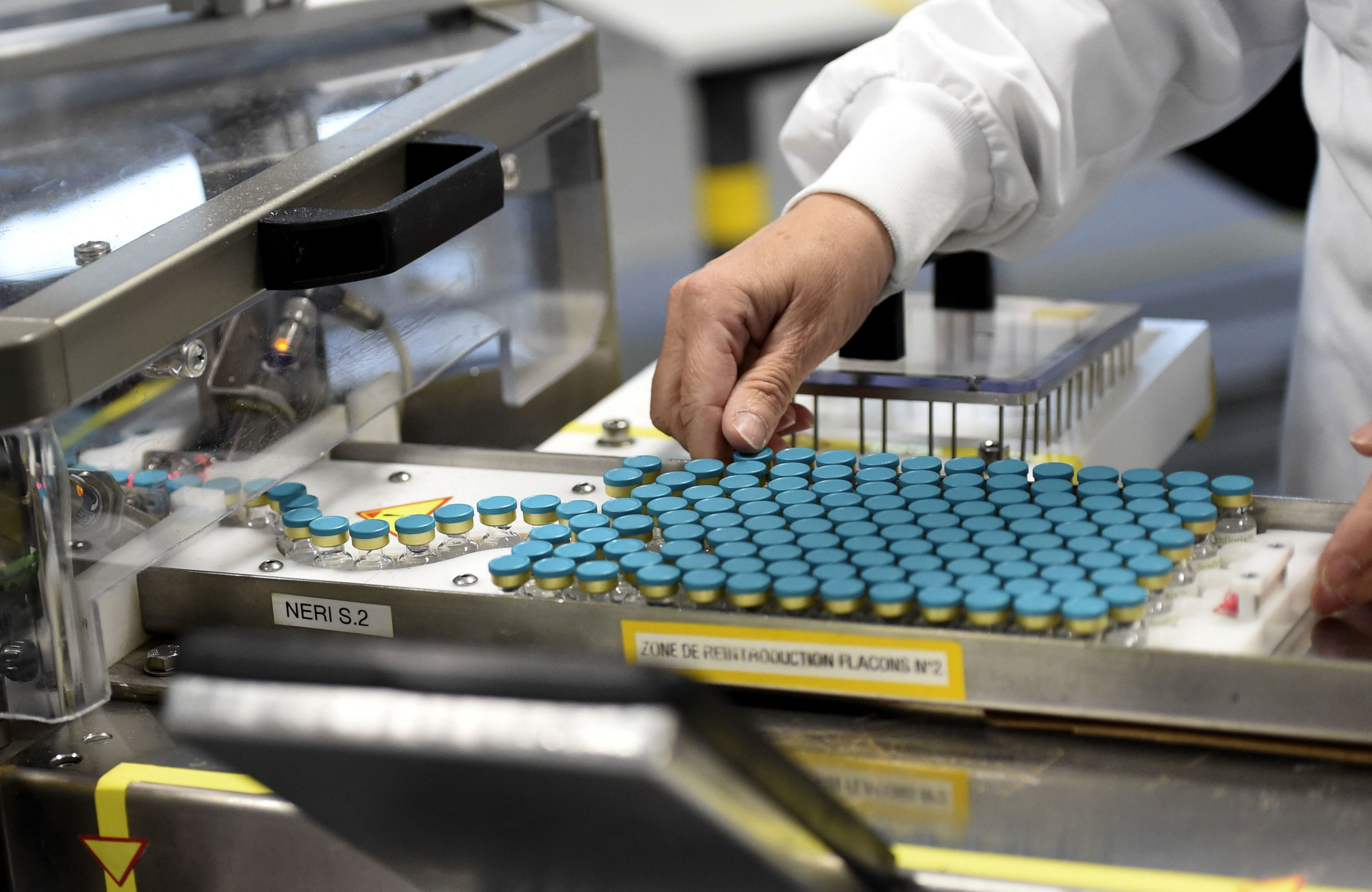
British and French pharmaceutical giants GlaxoSmithKline and Sanofi Pasteur said Friday the release of their coronavirus vaccine would be delayed until late 2021 after interim results showed “insufficient immune response” in the elderly.
“Insufficient response in older adults demonstrates the need to refine the concentration of antigen in order to provide high-level immune response across all age groups,” a joint press release on their websites read.
Thomas Triomphe, head of Sanofi Pasteur, said the companies were “disappointed by the delay announced today,” adding that they “have identified the path forward.”
“No single pharma company can make it alone; the world needs more than one vaccine to fight the pandemic,” Triomphe said.
Roger Connor, President of GSK Vaccines added: “The results of the study are not as we hoped,” and that it was now “clear that multiple vaccines will be needed to contain the pandemic.”
The two companies said they are now planning a new phase 2b study with an improved antigen formulation in February of next year, which could be followed by a global phase 3 study potentially starting in Q2 2021. The phase 3 studies were initially expected to start this month.
GSK and Sanofi said positive results from these phases “would lead to regulatory submissions in the second half of 2021, hence delaying the vaccine’s potential availability from mid-2021 to Q4 2021.”
The two drug makers said they have updated governments and the European Commission on the delay “where a contractual commitment to purchase the vaccine has been made.”
This summer, the French and British giants won a commitment from the US federal government to pay up to $2.1 billion to help them move forward with their proposed joint coronavirus vaccine, as part of Operation Warp Speed.
You may also like
-
UK coronavirus variant has been reported in 86 countries, WHO says
-
NASA technology can help save whale sharks says Australian marine biologist and ECOCEAN founder, Brad Norman
-
California Twentynine Palms: Explosives are missing from the nation’s largest Marine Corps base and an investigation is underway
-
Trump unhappy with his impeachment attorney’s performance, sources say
-
Lunar New Year 2021: Ushering in the Year of the Ox

